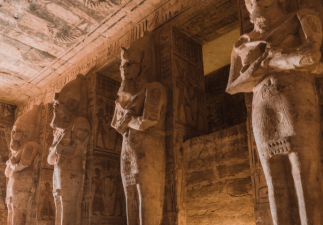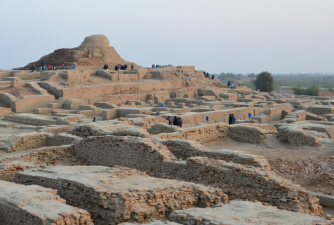Why the Origins of Civilization Still Fascinate Us
Human civilization, like a brilliant star in the vast universe, fascinates with its uniqueness and complexity.
- The journey to discover the origins of human civilization is constantly fraught with unsolved mysteries. These mysteries not only spark curiosity but also fuel the continuous advancement of historical research. From ancient legends to the ruins of ancient civilizations, each discovery reveals a new facet of human history. However, despite our progress, much remains unknown about the origins of human civilization.
- Evidence of human habitation on Earth dates back millions of years. While the exact age is debated, at least one million years is certain. However, within this vast span, human civilization accounts for only a small fraction—approximately 6,000 years. Compared to the grand picture of human history, these 6,000 years seem incredibly brief. Remarkably, during this brief period of civilizational development, human civilization rapidly rose from nothing to become the vast system we see today. So, why didn't humanity develop civilization during the 1,000,000 years before 6,000 years ago? What caused civilization to mushroom so rapidly and develop so quickly? What happened 6,000 years ago that marked a turning point in the development of human civilization?

- Take ancient Babylon, for example. Its civilization was nurtured and developed under the nourishment of the Euphrates and Tigris rivers. The civilization born in this land, known as Mesopotamia, boasts a rich history spanning 6,000 years.
- Ancient Egypt and ancient India are equally remarkable ancient civilizations. In the Indus and Ganges River basins, the Indus Valley Civilization quietly emerged, its history dating back approximately 5,000 years. This land also bears a profound mark of human history.
- Ancient China. The Yellow River Basin witnessed the glorious history of Chinese civilization. Beginning with the recorded Xia Dynasty, this civilization has undergone a 4,000-year process of sedimentation and accumulation.





